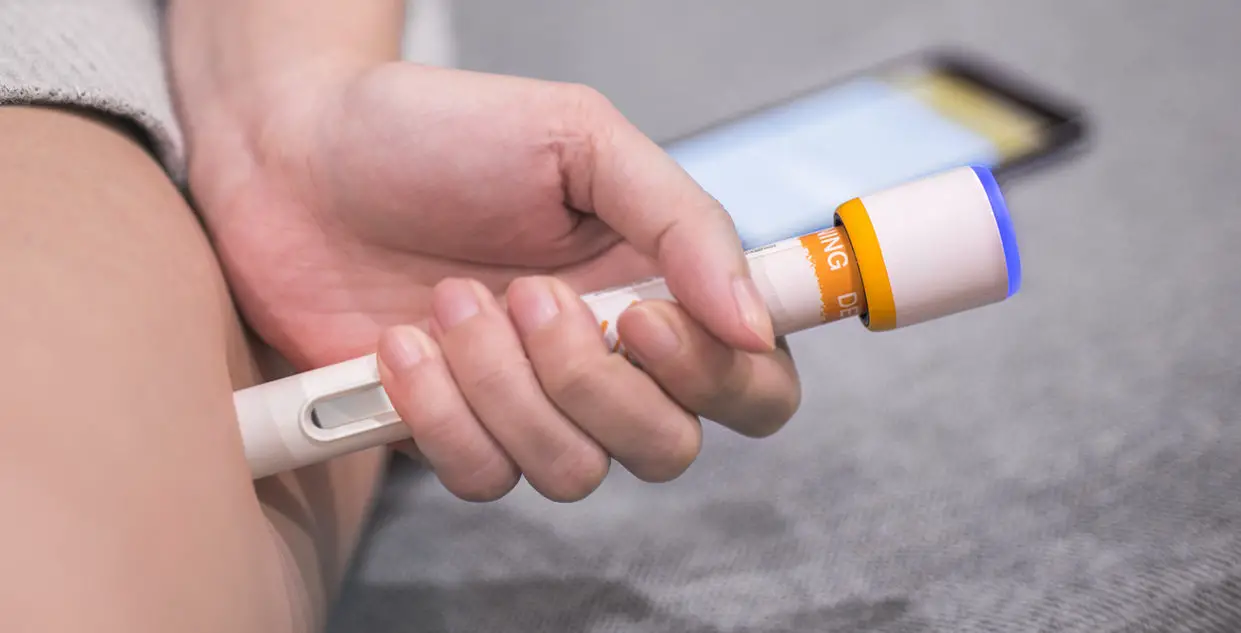Market Overview:
The global Drug and Gene Delivery Devices Market is estimated to be valued at US$152.2 Thousand in 2022 and is expected to exhibit a CAGR of 11.6% over the forecast period (2023-2030), as highlighted in a new report published by Coherent Market Insights. Drug and gene delivery devices are crucial for the effective delivery of drugs and genes to targeted cells or tissues, offering significant advantages such as improved therapeutic outcomes, reduced side effects, and targeted treatment options. The increasing prevalence of chronic diseases and the growing demand for personalized medicine are driving the market growth.
Market Key Trends:
One key trend in the drug and gene delivery devices market is the rapid development of innovative drug delivery technologies. Advancements in nanotechnology, biotechnology, and biomedical engineering have led to the introduction of novel delivery systems such as nanoparticles, hydrogels, and liposomes. These advanced technologies offer improved drug stability, controlled release, enhanced pharmacokinetics, and targeted drug delivery. For example, Kite Pharma, Inc., a key player in the market, developed the CAR-T cell therapy delivery system for cancer treatment. This innovative approach enhances the effectiveness of cancer treatment by modifying a patient's own T-cells to target and destroy cancer cells.
Porter's Analysis:
– Threat of new entrants: The Drug And Gene Delivery Devices Market Size is characterized by high barriers to entry due to the need for substantial research and development investments. Established companies have a strong foothold in the market and hold significant intellectual property rights, making it challenging for new entrants to penetrate the market.
– Bargaining power of buyers: As the demand for drug and gene delivery devices increases, buyers have a higher bargaining power due to the availability of multiple options from various manufacturers. Buyers can compare and negotiate prices, leading to intensified competition among suppliers.
– Bargaining power of suppliers: The drug and gene delivery devices market relies on a complex supply chain, including raw material suppliers, manufacturers, and distributors. Suppliers hold a moderate bargaining power as they can provide essential components or raw materials to the manufacturers, but manufacturers can also switch suppliers if necessary.
– Threat of new substitutes: The drug and gene delivery devices market faces a low threat of new substitutes due to the unique advantages offered by these devices. While alternative drug delivery methods such as oral medications exist, they may not be suitable for certain treatments, indicating a limited threat of substitution.
– Competitive rivalry: The drug and gene delivery devices market is highly competitive, with key players constantly striving to develop innovative solutions and expand their market presence. Intensive competition drives companies to invest in research and development and collaborate with healthcare providers to elevate their product offerings.
Key Takeaways:
1. Market Size: The global drug and gene delivery devices market is expected to witness high growth, exhibiting a CAGR of 11.6% over the forecast period. This growth is driven by the increasing prevalence of chronic diseases and the demand for targeted and personalized treatment options.
2. Regional Analysis: North America is expected to dominate the drug and gene delivery devices market due to the presence of established pharmaceutical companies, significant investments in research and development, and supportive regulatory frameworks. Additionally, Asia Pacific is anticipated to be the fastest-growing region, driven by rising healthcare expenditure and increasing awareness about advanced treatment options.
3. Key Players: Key players operating in the global drug and gene delivery devices market include Pfizer, Inc., Novartis AG, Kite Pharma, Inc., and Becton Dickinson and Company, among others. These companies focus on developing innovative delivery systems, collaborating with research institutions, and expanding their product portfolios to maintain a competitive edge in the market.
In conclusion, the global drug and gene delivery devices market is poised for significant growth, driven by technological advancements, increasing disease burden, and the demand for targeted therapies. Market players must continuously innovate and collaborate to capitalize on the market's potential and meet the evolving needs of patients and healthcare providers.





